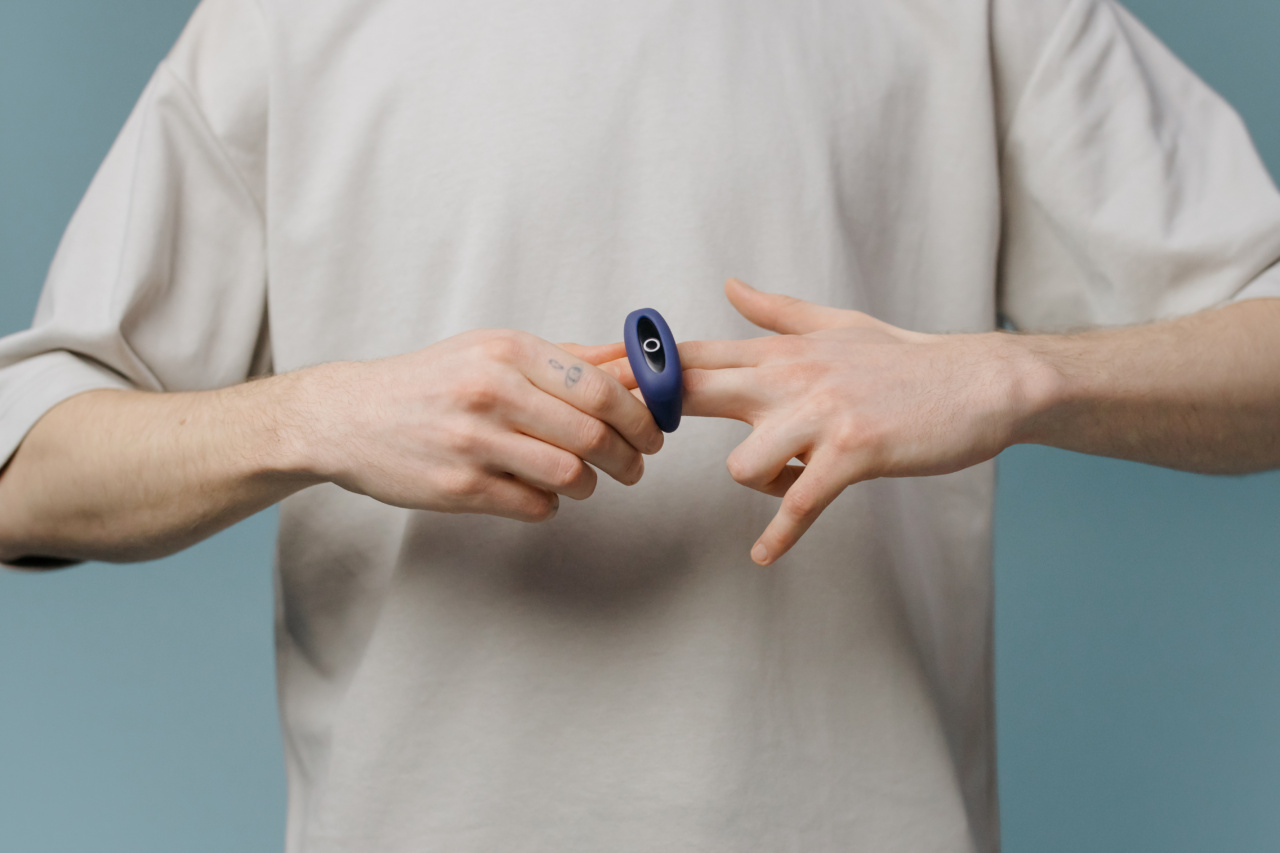Sexual health is an integral part of overall well-being, and for women with diabetes, understanding the connection between diabetes and sexual health is crucial.
Diabetes affects millions of women worldwide, and it can have a significant impact on their sexual well-being. This article aims to provide a comprehensive understanding of the connection between sexual health and diabetes in women.
What is Diabetes?
Diabetes is a chronic condition that occurs when the body fails to regulate blood sugar levels effectively. There are two main types of diabetes: type 1 and type 2.
Type 1 diabetes is an autoimmune disease in which the immune system attacks and destroys the insulin-producing cells in the pancreas. Type 2 diabetes is the most common form and is characterized by insulin resistance, meaning that the body’s cells don’t respond adequately to insulin.
The Connection Between Diabetes and Sexual Health
Diabetes can have a profound impact on sexual health due to various factors. Here are some of the ways in which diabetes can affect women’s sexual well-being:.
1. Sexual Desire and Libido
Changes in sexual desire and libido are common among women with diabetes. Fluctuating blood sugar levels, hormonal imbalances, and psychological factors such as stress and depression can all contribute to a decrease in sexual desire.
2. Vaginal Dryness
One of the most common sexual health issues faced by women with diabetes is vaginal dryness. High blood sugar levels can lead to decreased vaginal lubrication, causing discomfort and pain during intercourse.
Vaginal dryness can further decrease sexual desire and satisfaction.
3. Sexual Dysfunction
Diabetes can also contribute to sexual dysfunction in women. Nerve damage, known as diabetic neuropathy, can affect the nerves responsible for sexual arousal and orgasm.
Additionally, poor blood circulation can lead to decreased sensitivity and reduced sexual pleasure.
4. Urinary Tract Infections
Women with diabetes are at an increased risk of developing urinary tract infections (UTIs). Elevated blood sugar levels provide a favorable environment for bacteria to thrive in the urinary tract.
UTIs can cause discomfort and pain during sexual intercourse and may also lead to a decrease in sexual desire.
5. Emotional Well-being
Living with diabetes can take a toll on a woman’s emotional well-being.
The daily management of blood sugar levels, concerns about complications, and the overall impact of diabetes on physical health can all contribute to stress, anxiety, and depression. These psychological factors can significantly impact sexual health and intimacy.
Managing Sexual Health with Diabetes
While diabetes can have an impact on sexual health, there are various strategies that women can employ to manage and improve their sexual well-being:.
1. Blood Sugar Control
Maintaining good blood sugar control is essential for managing sexual health. By keeping blood sugar levels within target ranges, women can reduce the risk of complications that could affect sexual function and desire.
Regular monitoring, healthy eating, exercise, and medication adherence are all essential in achieving optimal blood sugar control.
2. Communication with Healthcare Providers
Women should discuss any concerns or issues regarding sexual health with their healthcare providers. Open communication can help healthcare professionals provide guidance and recommendations specific to the individual’s needs.
3. Lubrication
Addressing vaginal dryness can significantly improve sexual comfort and pleasure. Using water-based lubricants or moisturizers can help alleviate discomfort and enhance sexual experiences.
4. Treatment for Sexual Dysfunction
If sexual dysfunction is a concern, women should consult with their healthcare providers. Various treatment options, including medications or devices, may help improve sexual function and satisfaction.
5. Emotional Support
Seeking emotional support is vital for overall well-being, including sexual health. Women can join support groups, engage in therapy, or speak to trusted friends and family members to address the emotional impact of living with diabetes.
Conclusion
Understanding the connection between sexual health and diabetes is crucial for women with this chronic condition. Diabetes can affect various aspects of sexual well-being, including desire, lubrication, and sexual function.
However, by effectively managing diabetes and addressing any concerns with healthcare providers, women can enhance their sexual health and overall quality of life.






























